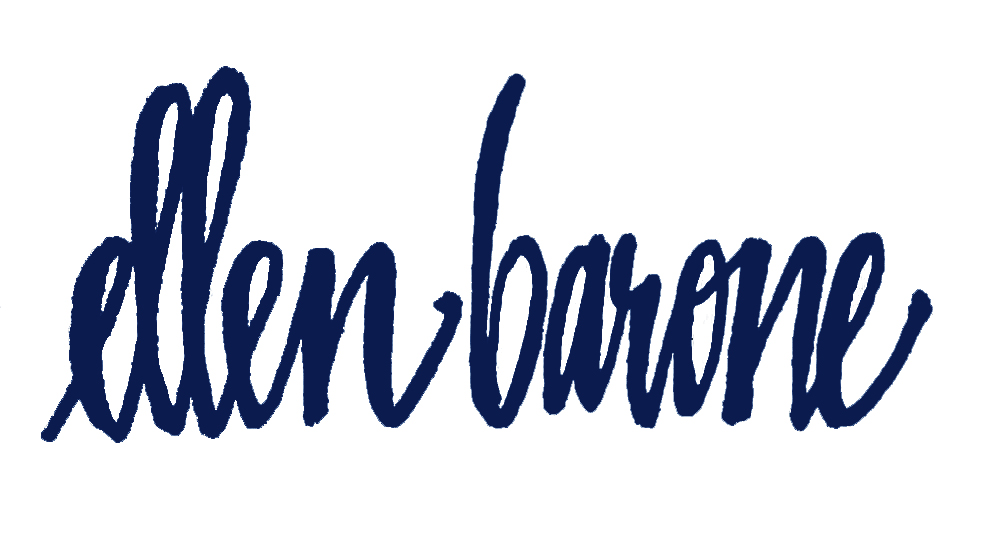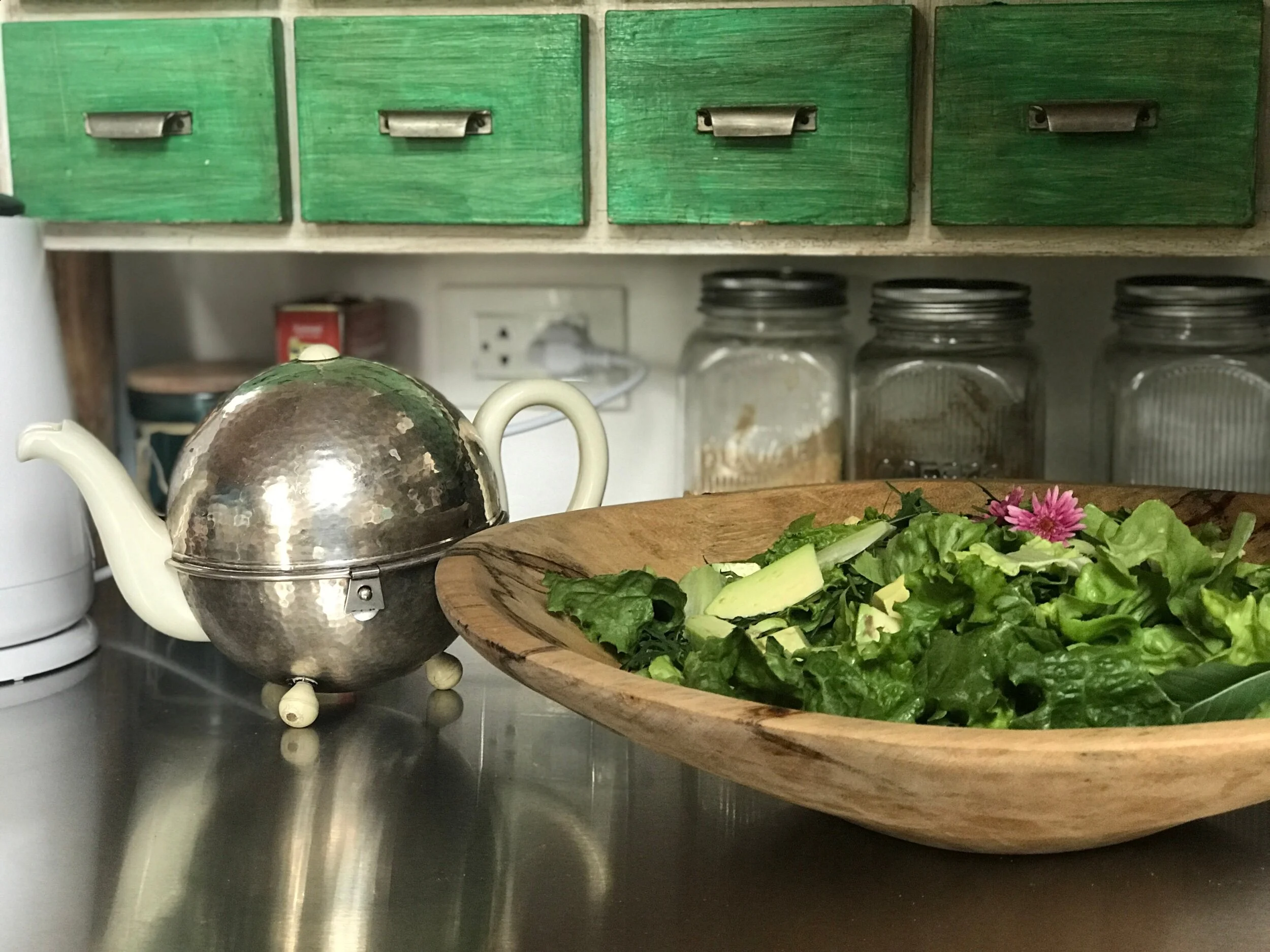Dear friends,
It occurred to me recently that sometime in the uncertain future, we will perceive life through the filter of two lenses: All that came before the coronavirus 2019 pandemic and that which follows. And, like so many of us, I wonder what a post-COVID-19 reality will look like.
In my best moments, I’m hopeful. I envision us emerging—both personally and collectively—from this crisis with newfound humility for the gift of life and the wisdom to make the large-scale corrections that the pandemic has so glaringly revealed as necessary. I imagine societies choosing people over profit. I see planet-friendly adaptations and compassion for the vulnerable becoming mainstream. I envisage broadening cooperation in place of competition and nationalism.
At my worst, I don’t believe one, single, word of it.
And yet, I know that the path to a better future begins with the individual—with me. So now, in the midst of this great global pause, I find myself returning to the big questions. What is my purpose? What can I do for others? How can I use this opportunity for good?
At times, it is enough that I give my best to work and keep my news intake and screen-time to the minimum duration required to stay informed but sane. It is enough that I get showered and dressed and make the bed. Enough that I wash my hands and keep from touching my face—that I bake four peanut-butter cookies instead of a whole batch.
Other times, when the outrage that consumes me after a Trump press briefing or the heartbreak of a rapidly rising death count or an insensitive comment on social media threatens to overwhelm me, I succumb to the ugly throes of a righteous rant.
“Take the dog for a walk,” my husband Hank said to me one day after a particularly disheartening phone conversation with my mom, whose Fox News obsession left my head spinning.
This was code, I understood, for you’re freaking out, babe, and I laughed hard for the first time that day.
“What’s your point?” I asked with a smile.
“I think you need a break,” he said. “That’s all.”
He was right. An hour later, after a walk in the forest, I saw again how necessary difficult experiences are for expansion. That this life-and-death imposed halt to life-as-usual is preparing the way for all the heart-opening experiences still to come.
It’s easy to look outside and see forests and mountains and big blue sky and to feel the fortune of a life that, for us, has mostly stayed the same with work and walks and us at home alone together.
In the meantime, there is real suffering out there. Loved ones are dying. People are anxious and depressed. The elderly and sick are isolated. Those professionals who have been suddenly thrust into harm’s way, the doctors and nurses, grocery store and postal service workers, and food bank volunteers, keep showing up in the face of danger.
With that reality comes, for me at least, a call to rise up. To reach out, to listen deeply enough to hear the fear behind the nastiness. To look fiercely at what is, even as my soul is pierced by what I see. To nurture and nourish myself and move my body when all I want to do is bake or scroll Instagram or binge-watch eleven seasons of Cheers.
Crisis is a powerful igniter. Even in my anxious I-don’t-want-any-more-people-to-die-from-this-virus state, I feel more alive and present than ever. For me, this pandemic represents the gift of life that I and every one of us have been given. Our choices— to social distance, to wash our hands, to stay at home, to support a local business or global relief initiative, to demand that our political representatives act in the best interest of their constituents—can make an immediate difference in our lives and that of others, from those we live with to those we’ll never know.
For the past month, as we’ve sheltered in place, life has been put on hold. No trip dates on the calendar. No dinners with friends to look forward to. No dental or hair appointments. No mornings at the coffeehouse. No communal routines. And, no idea how long it will last.
For millions, this equates to devastating economic and emotional distress—the loss of income, security, and even life for far too many. Finding balance in the midst of it all isn’t easy. It can seem impossible. After all, their loss could be our loss tomorrow or next week or next month. It’s the uncertainty and the imagined future that’s so frightening.
But here’s the thing: this has always been true; it will always be true.
The idea that our plans, our jobs, our futures are under our control is an illusion. Never is this truth so illuminated than when darkness descends.
So, at least how I see it, the best we can do is to learn to live with that paradox, snuggle up against it on our quarantine-worn sofas and befriend it like a beloved.
Does that mean we stop dreaming and planning and creating the life we want? Not at all. What fun is that? It just means, I think, that we learn to pivot and adapt and dance our way around the obstacles that will inevitably be part of the journey. Sometimes the dance will be slow and heavy, like the blues, and other times it will be as loose, sultry, and seductive as a samba. But no matter what, life is never on hold. It’s there, behind the veil, ready for when we start living again.
What about you? How has this pandemic turned your life inside out? What questions or insights have emerged? I’d love to hear from you. You can use the comment box below, reach out on social media, or send me a private note.


